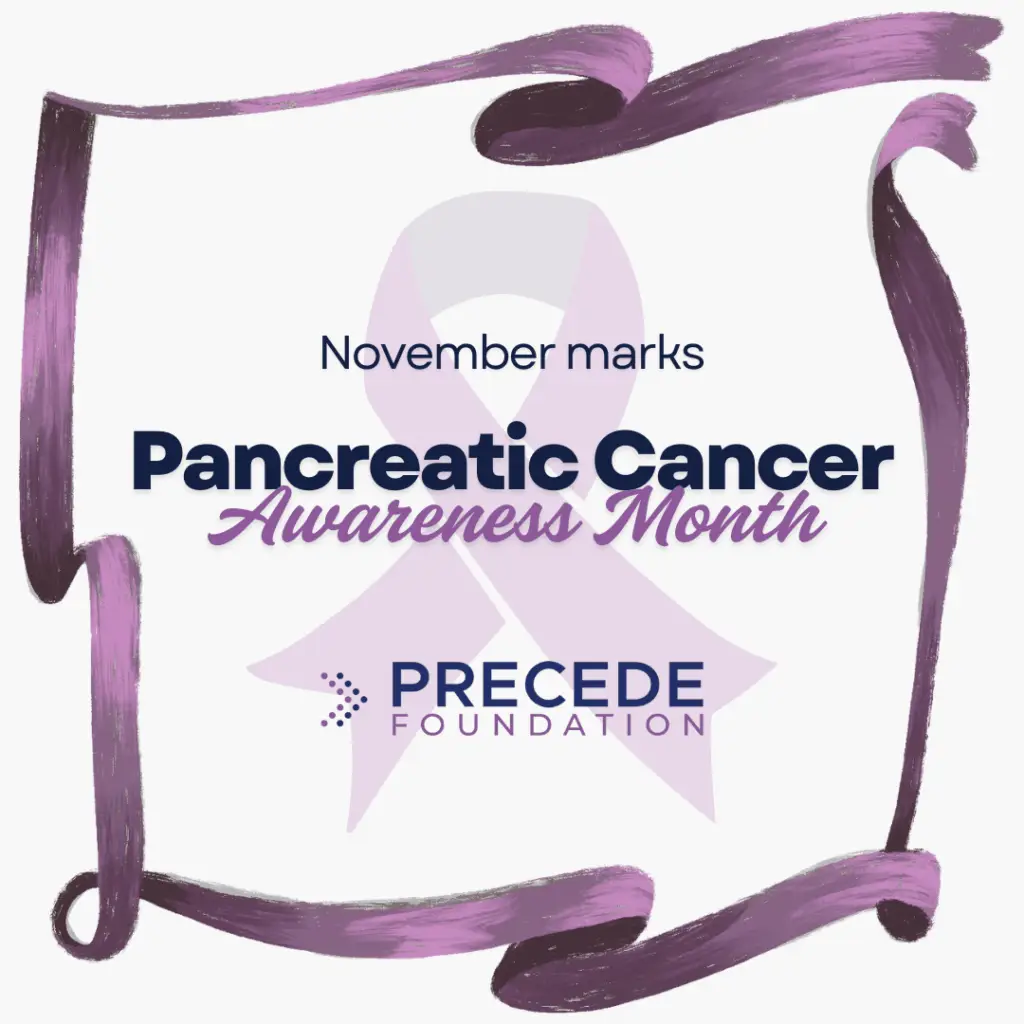Imagine driving a car without ever getting it serviced or checked for potential issues. Over time, the engine may wear out and problems may arise that could have been prevented with regular maintenance. The same concept applies to our bodies. Regular health check-ups are the equivalent of routine maintenance for our well-being. They play an important role in making sure that any potential health issues are detected early, allowing for timely interventions and a healthier, happier life.
The Benefits of Regular Health Check-Ups
- Early Disease Detection
One of the most significant advantages of regular health check-ups is the early detection of diseases. Many serious health conditions, such as diabetes, hypertension and even cancer, often develop without noticeable symptoms in their early stages. When you notice symptoms, the disease might already be advanced. Regular health check-ups, including screenings and blood tests, can identify these conditions in their infancy when they are often more treatable and manageable.
For example, routine blood pressure checks can catch hypertension or high blood pressure before it leads to severe cardiovascular problems. Early detection and intervention can prevent heart attacks, strokes and other complications associated with uncontrolled hypertension.
- Preventative Care
Preventative care is another critical aspect of health check-ups. During these visits, doctors can give advice on staying healthy – including diet, exercise and stress management. They can also administer vaccinations and screenings to protect against various illnesses. Vaccinations are a great way to prevent illness, it is a prime example of preventive care. Regular check-ups ensure that you are up-to-date with recommended vaccinations, protecting you from potentially life-threatening diseases like influenza, hepatitis and measles.
- Personalized Health Management
Each person is unique, with different genetic backgrounds, lifestyles and risk factors for various health conditions. Regular health check-ups allow healthcare providers to customize health plans to meet individual needs. For example, if you have a family history of diabetes, your healthcare provider may recommend more frequent screenings and lifestyle modifications to reduce your risk.
Moreover, risk assessment is an essential part of personalized health management. During check-ups, healthcare professionals assess your overall health, considering factors such as age, gender, family history and lifestyle. This assessment helps in identifying areas where you may be at higher risk and need more focused attention.
Regular Health Check-Ups and How Often to Get Them
To get the benefits of regular health check-ups, it’s important to know which tests you need and how often to do them. Here are some typical examinations and how often doctors usually recommend them:
- General Physical Examination
This is a comprehensive physical examination that is typically recommended annually. Even if you feel healthy. This examination involves checking your vital signs (Blood pressure, heart rate and respiratory rate), evaluating your overall health and discussing any concerns or symptoms you may have.
- Blood Pressure Monitoring
Keeping an eye on your blood pressure is really important especially if you have risk factors for hypertension. Doctors usually recommend checking it once a year, but if you already have high blood pressure or other heart problems, you might need to check it more often.
- Cholesterol Level Checks
Cholesterol levels are important indicators of heart health. Adults should have their cholesterol levels checked every 4 to 6 years and if you have specific risk factors, such as a family history of heart disease or obesity, more frequent checks may be necessary.
- Diabetes Screening
Diabetes is becoming a big health issue around the world. It is recommended to get tested every 3 years especially if you’re 45 or older. You may also need tests if you are overweight or not participating in regular physical activity.
- Cancer Screenings
Cancer screenings such as mammograms, colonoscopies, and Pap smears, are vital for early cancer detection. The recommended screenings for these vary by age, gender and individual risk factors. Discuss your specific needs with your healthcare provider, but be aware of the potential life-saving benefits of early cancer detection.
- Dental and Eye Exams
Don’t forget about the health of your eyes and mouth. Regular dental check-ups every 6 months can help prevent dental problems like cavities and gum disease. Eye exams should be done as your optometrist recommends to ensure proper vision and eye health.
Regular health check-ups are an important part of preventive healthcare, offering early disease detection, preventative care and personalized health management. By adopting these strategies to make check-ups a habit, individuals can prioritize their well-being and enjoy healthier lives. In particular, regular check-ups play a crucial role in early detection, not only for common conditions but also for more specific health concerns like pancreatic cancer diagnosis.
Pancreatic Cancer Awareness
Pancreatic cancer is often challenging to diagnose in its early stages, making pancreatic cancer early detection blood test and regular check-ups even more essential. Pancreatic cancer screening can significantly improve the chances of successful treatment. It often presents with few early symptoms and by the time symptoms become noticeable, the cancer may have already advanced. Regular check-ups can identify potential health issues early on, allowing for timely intervention and improved treatment outcomes.
Pancreatic cancer screening is usually reserved for individuals with a higher risk due to factors such as a family history of pancreatic cancer or certain genetic syndromes. In these high-risk individuals, pancreatic cancer screening may involve imaging tests such as MRI or endoscopic ultrasound.
Find a healthcare provider near you if you don’t already have one. Review your health insurance coverage and explore options for low-cost or free check-ups if needed. Be especially vigilant about specific screenings and tests for conditions like pancreatic cancer diagnosis, as early detection can be life-saving. Consult with your healthcare provider to determine the appropriate screenings based on your individual risk factors and medical history.
Don’t wait until you’re experiencing pancreatic cancer symptoms or facing a health crisis. Start scheduling your regular health check-ups today and take control of your health journey. Your future self will thank you for it.
Donate To Pancreatic Cancer Research
Early detection is crucial for overcoming pancreatic cancer, enabling life-saving surgeries and significantly improving survival rates. TrovaNow actively funds research focused on early detection, screening and prevention, contributing to the fight against the world’s deadliest cancer
Our goal is to raise $250,000 to help fund the PRECEDE Consortium. Visit www.trovanow.com to learn how you can get involved and donate today. Together, we can make a difference.






